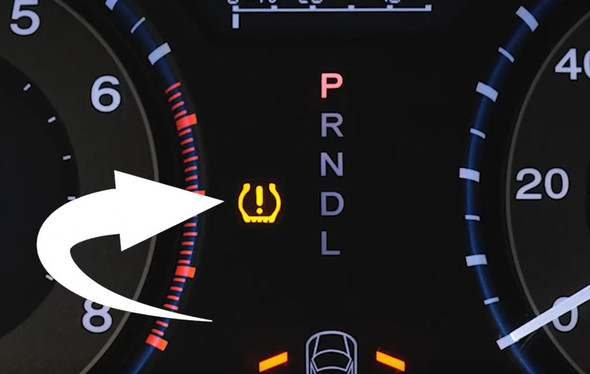Understanding TPMS: The Essential Guide to Tire Pressure Monitoring Systems
When it comes to road safety and vehicle maintenance, the Tire Pressure Monitoring System (TPMS) plays a crucial role. Designed to alert drivers of under inflated tires, this feature has become a standard component in modern vehicles. But how well do you really understand TPMS? In this blog, we’ll break down the basics of TPMS, why it’s essential, common troubleshooting tips, and its exciting future.
What is a Tire Pressure Monitoring System?
Definition of TPMS
At its core, a TPMS is an electronic system that monitors the air pressure inside your tires and notifies you when pressure drops below a safe level. This system ensures your vehicle operates safely and efficiently, providing peace of mind on every journey.
History and Evolution of TPMS
The introduction of TPMS is largely attributed to the TREAD Act, passed in the United States in the early 2000s. This legislation made it mandatory for all new vehicles to include TPMS, following several high-profile tire-related accidents.
Types of TPMS
- Direct TPMS: Employs sensors within each tire to measure pressure accurately.
- Indirect TPMS: Relies on the vehicle’s ABS system to estimate pressure based on wheel speed and rotation.
The Importance of Tire Pressure Monitoring Systems
Enhancing Vehicle Safety
Under inflated tires are a leading cause of blowouts, which can result in accidents. TPMS minimizes this risk by alerting drivers before it’s too late.
Fuel Efficiency and Cost Savings
Maintaining optimal tire pressure not only improves gas mileage but also extends the lifespan of your tires, saving you money in the long run.
Environmental Benefits
Properly inflated tires reduce rolling resistance, which helps lower fuel consumption and decreases carbon emissions—an eco-friendly win.
Troubleshooting Common TPMS Issues
TPMS Warning Light: What It Means
When the TPMS warning light appears on your dashboard, it typically signals one or more under inflated tires. Begin by checking your tire pressure with a gauge and inflating to the recommended level.
Common Causes of TPMS Failures
- Sensor Malfunctions: TPMS sensors can fail over time due to wear or damage.
- Dead Batteries: The small batteries in TPMS sensors usually last 5-10 years but will need replacing eventually.
- External Interference: Nearby electronic devices can sometimes disrupt TPMS signals.
How to Reset Your TPMS System
Resetting TPMS can vary by vehicle make and model. Check your owner’s manual for instructions or consult a professional mechanic for assistance.
Maintenance Tips for Your TPMS
Routine Tire Inspections
Regular tire inspections ensure not only proper inflation but also the accuracy of your TPMS. Check for visible signs of damage, such as punctures or bulges.
Battery Life of TPMS Sensors
On average, TPMS sensor batteries last between 5 and 10 years. Replacing them proactively helps avoid unexpected failures.
Professional Calibration and Repairs
While some TPMS issues can be resolved at home, it’s best to seek professional help for calibration and complex repairs. Technicians have the tools to ensure your system functions correctly.
Future Trends in Tire Pressure Monitoring Systems
Advances in Sensor Technology
The next generation of TPMS will feature smart tire technology, which integrates with IoT systems to provide real-time updates on pressure, temperature, and tire condition.
Enhanced User Interfaces
Imagine receiving tire pressure updates directly to your smartphone! Future systems will prioritize user convenience and predictive diagnostics.
Regulatory Changes and Standardization
With more stringent safety regulations on the horizon, TPMS technology is expected to become even more sophisticated and widely adopted globally.
Conclusion
Understanding your vehicle’s Tire Pressure Monitoring System (TPMS) is key to safe and efficient driving. From its historical roots to its future potential, TPMS represents a significant leap in automotive safety technology. By staying proactive about maintenance and repairs, you can ensure that your TPMS continues to serve as a reliable guardian on the road.

